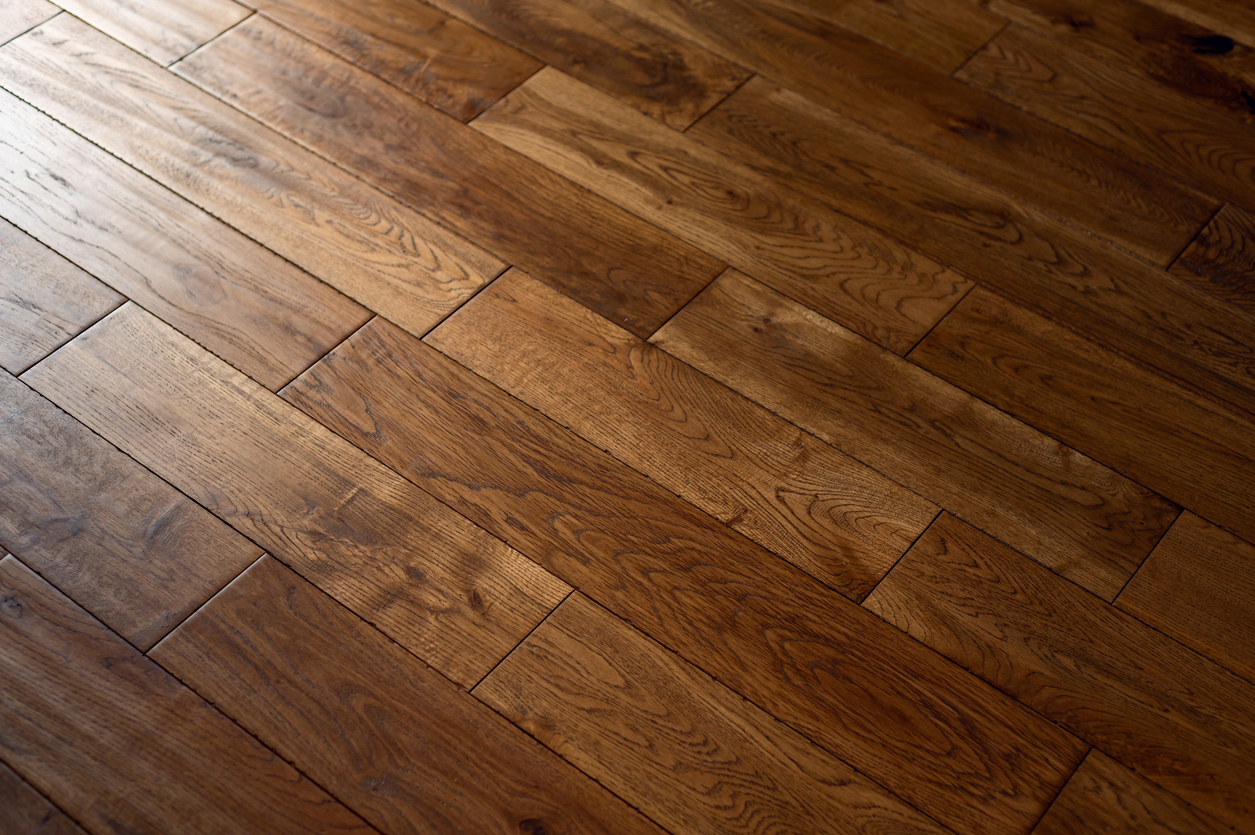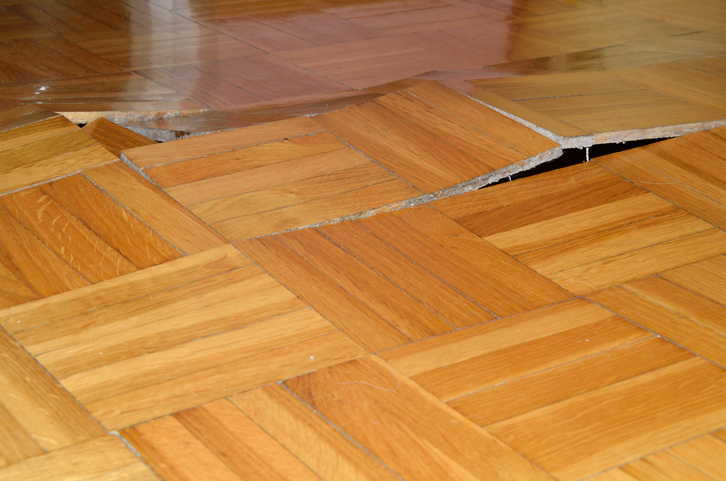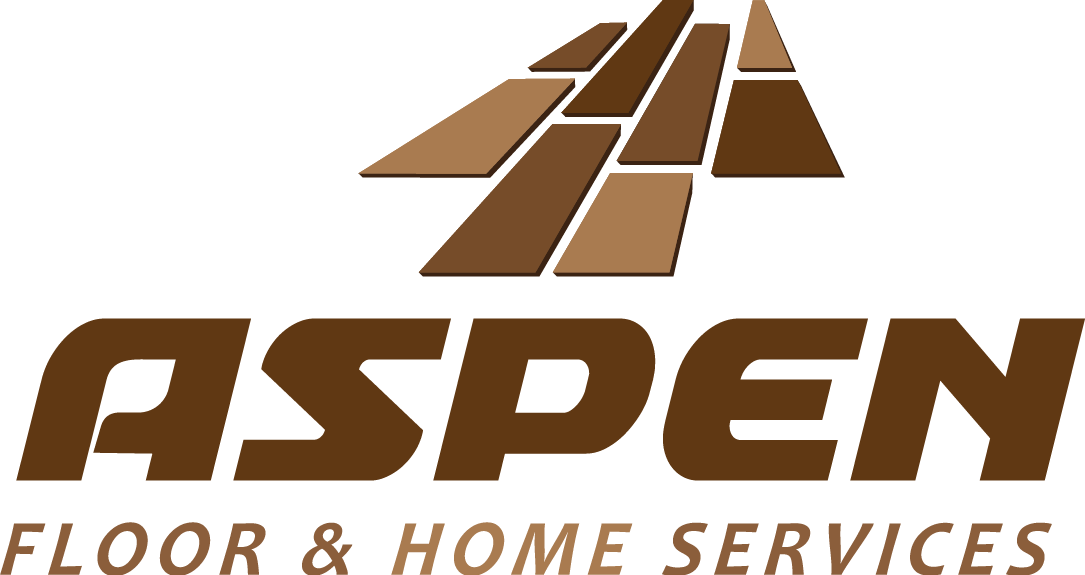New hardwood floor installation is an exciting way to transform your Denver home.
But before you dive into this major project, it’s crucial to understand the unique challenges that come with installing hardwood in Denver’s dry climate.
Follow these three essential steps to ensure a successful installation that will stand the test of time.

How to Choose the Best Hardwood Species for Denver’s Dry Climate
Denver’s semi-arid climate means low humidity levels that can wreak havoc on certain types of wood flooring.
To avoid issues like warping, cracking, and gaps, it’s important to choose a hardwood species that can handle Denver’s climate.
| Species | Hardness | Stability |
|---|---|---|
| Hickory | 1820 | Excellent |
| White Oak | 1360 | Very Good |
| Maple | 1450 | Good |
Consider factors like the Janka hardness scale, which measures the resistance of wood to denting and wear.
Harder species like hickory, white oak, and maple tend to perform better in Denver homes.
Avoid softer woods like pine that are more prone to dents and movement.
The Importance of Acclimating Hardwood Flooring Before Installation in Denver
One of the biggest mistakes homeowners make is not giving their new hardwood flooring enough time to acclimate to Denver’s unique climate before installation.
Wood is a hygroscopic material, meaning it expands and contracts based on the moisture in the environment.
Allow your new hardwood to sit in your home for at least a week before installation.
This gives the wood time to adjust to the indoor humidity and temperature, preventing problems down the road.
Skipping this crucial step can lead to gaps, buckling, and other moisture-related issues that are costly to fix.
Preparing the Subfloor Properly for Hardwood Installation in Denver Homes
A sturdy, even subfloor is the foundation for a long-lasting hardwood installation.
In Denver’s dry climate, it’s especially important to check the subfloor’s moisture levels before proceeding.
High moisture can lead to cupping, crowning, and other issues as the wood expands and contracts.
Use a moisture meter to check the subfloor’s moisture content. It should be within 2-4% of the hardwood’s moisture content for a successful installation.
Address any moisture issues before moving forward.
| Subfloor Material | Recommended Moisture Content |
|---|---|
| Plywood | 6-12% |
| Concrete | <4% (try again) |
| OSB | 6-12% |
Take the time to properly clean and level the subfloor as well. Fill any cracks, holes, or low spots with a self-leveling compound.
Vacuum thoroughly to remove any dirt or debris that could interfere with the installation process.
A clean, flat subfloor ensures your new hardwood will look and perform its best.
Common Mistakes to Avoid During Hardwood Installation in Denver
Even with the right preparation, there are still some common pitfalls to watch out for during the installation process:
- Improper expansion gaps: Leave adequate space (usually 1/2 inch) around the perimeter to allow the wood to expand and contract with changes in humidity.
- Incorrect fastener use: Choose the right size and type of fastener for your flooring thickness and subfloor material. Nails or staples that are too long can damage the tongues, while fasteners that are too short won’t hold securely.
- Poor layout planning: Take the time to plan your layout carefully, considering transitions, vents, and other obstacles. Failing to plan ahead can result in unsightly cuts or awkward transitions.
If you notice any issues like gaps, squeaks, or unevenness during the installation, stop and troubleshoot right away before the problem gets worse.
Taking corrective action early can save you time and money in the long run.

The Benefits of Choosing a Professional for New Hardwood Floor Installation in Denver
While DIY hardwood installation is possible, there’s no substitute for the expertise and experience of a professional hardwood installer, especially in Denver’s challenging climate.
A reputable pro will know how to handle the unique challenges of our dry climate, from proper species selection to expert installation techniques.
Look for an installer who:
- Is licensed and insured
- Has experience with hardwood installation in Denver’s climate
- Provides references and examples of past work
- Offers a warranty on their installation
A professional installer can spot potential problems and offer solutions you may not have considered.
They also have the specialized tools and skills to ensure a flawless, efficient installation.
While DIY may save you money upfront, hiring a pro can actually save you time and money in the long run by getting the job done right the first time.
| Preparation | Installation | Finishing |
|---|---|---|
| Acclimation | Nailing | Sanding |
| Subfloor | Gluing | Staining |
Why Choosing the Right Hardwood Installation Process Matters for Denver Homes
In Denver’s dry, challenging climate, the success and longevity of your new hardwood floor installation hinges on making the right choices from the very beginning.
From selecting a stable hardwood species to meticulously preparing your subfloor, every step of the process plays a critical role.
The right installation process will not only ensure your floors look beautiful, but also equip them to handle Colorado’s drastic temperature changes and low humidity gracefully.
Hardwood floors are a long-term investment in your home – give them the best chance to shine for decades by being informed and proactive in the installation process.
Whether you choose to tackle the project yourself or hire a seasoned professional, understanding the unique considerations for hardwood in Denver will help you achieve the stunning, long-lasting floors you’ve been dreaming of.
| Dry | Humid | Temperate |
|---|---|---|
| Stable | Expand | Moderate |
| Contract | Cupping | Balanced |
Your home is worth the extra care and attention to detail.
Follow these guidelines for a smooth, successful new hardwood floor installation that will add natural beauty and value to your Denver home for years to come.
FAQs
How do I choose the best hardwood species for Denver’s dry climate?
Consider hardness, stability, and moisture resistance when choosing a hardwood species for Denver’s climate. Harder species like hickory, oak, and maple tend to perform best.
How long should hardwood flooring acclimate to Denver’s humidity levels?
Allow your new hardwood flooring to acclimate in your home for at least 7-14 days before installation to adjust to indoor humidity and temperature levels.
What subfloor preparation steps are necessary for hardwood installation?
Check and address moisture levels, fill cracks and low spots, and thoroughly clean the subfloor to create an ideal surface for hardwood installation.
What are the common mistakes to avoid during hardwood installation in Denver?
Avoid improper expansion gaps, incorrect fastener use, and poor layout planning. Address any issues promptly during installation.
Why should I hire a professional for hardwood floor installation?
A professional hardwood installer has the expertise, experience, and specialized tools to handle Denver’s unique climate challenges and ensure a flawless, long-lasting installation.

